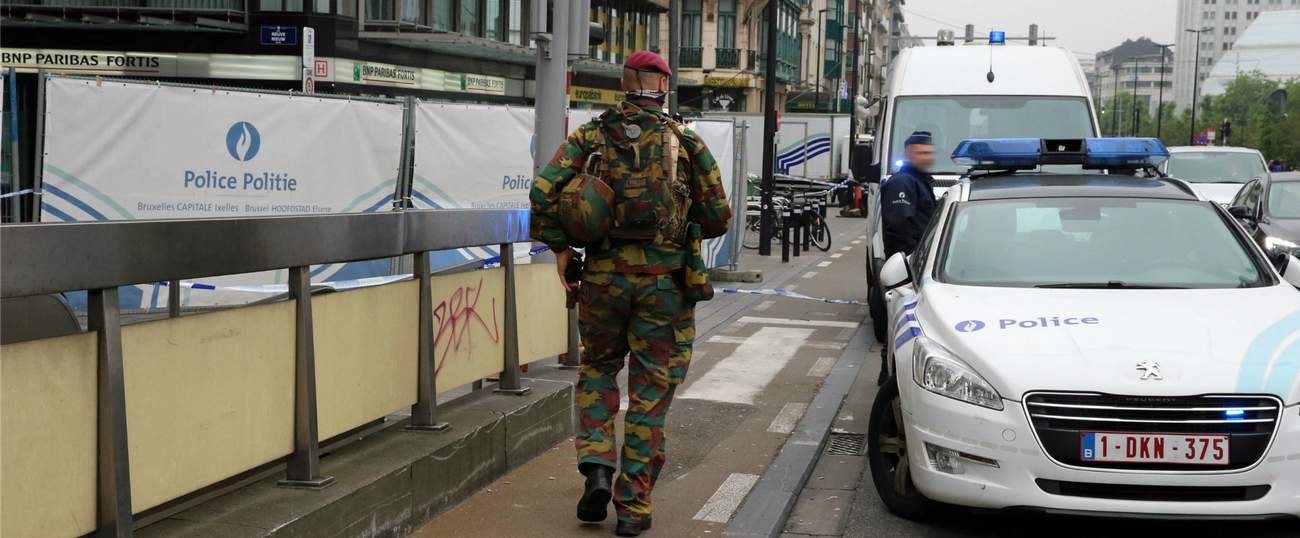Jewish Studies Lecture Cancelled in EU Capital Due to Safety Concerns
An academic lecture by Jewish historian Philippe Pierret at the Free University of Brussels was called off for security reasons




Imagine if an academic lecture on Jewish studies could not be held in Washington, D.C. out of fear that participants would be unsafe. That’s exactly what happened this week in the capital of the European Union.
On Tuesday evening, Dr. Philippe Pierret, a graduate of the Sorbonne and a researcher at the Institute for Studies of Religion and Secularism, was scheduled to deliver the closing talk of the academic year at the Free University of Brussels to discuss his recent book on the history of Jews in Brussels from 1785 to 1885. But at the last minute, the event was called off due to the authorities’ inability to provide adequate security, reported Belgian paper La Libre.
“I was informed of the conference cancellation at noon by the secretary of the Institute for Jewish Studies,” Pierret told me. He speculated that the concern over security was prompted by that morning’s events, when a man wearing what appeared to be a suicide vest threatened to blow up a Brussels shopping center. The vest turned out to be fake, filled with salt and cookies.
“I think the Belgian authorities feared another real attack somewhere in Brussels because of what happened at the shopping center in downtown Brussels the same morning,” said Pierret. Jews and their institutions are considered high profile targets in Europe, particularly in Belgium, where an ISIS-linked extremist killed four at Brussels’s Jewish Museum in 2014. But when neither the army nor police could provide the needed security for Pierret’s lecture, the event had to be called off.
The incident offers a window into the chilling effect on Jewish life in Europe created by the mere threat of anti-Semitic terrorism, even when it does not actually take place.
Yair Rosenberg is a senior writer at Tablet. Subscribe to his newsletter, listen to his music, and follow him on Twitter and Facebook.